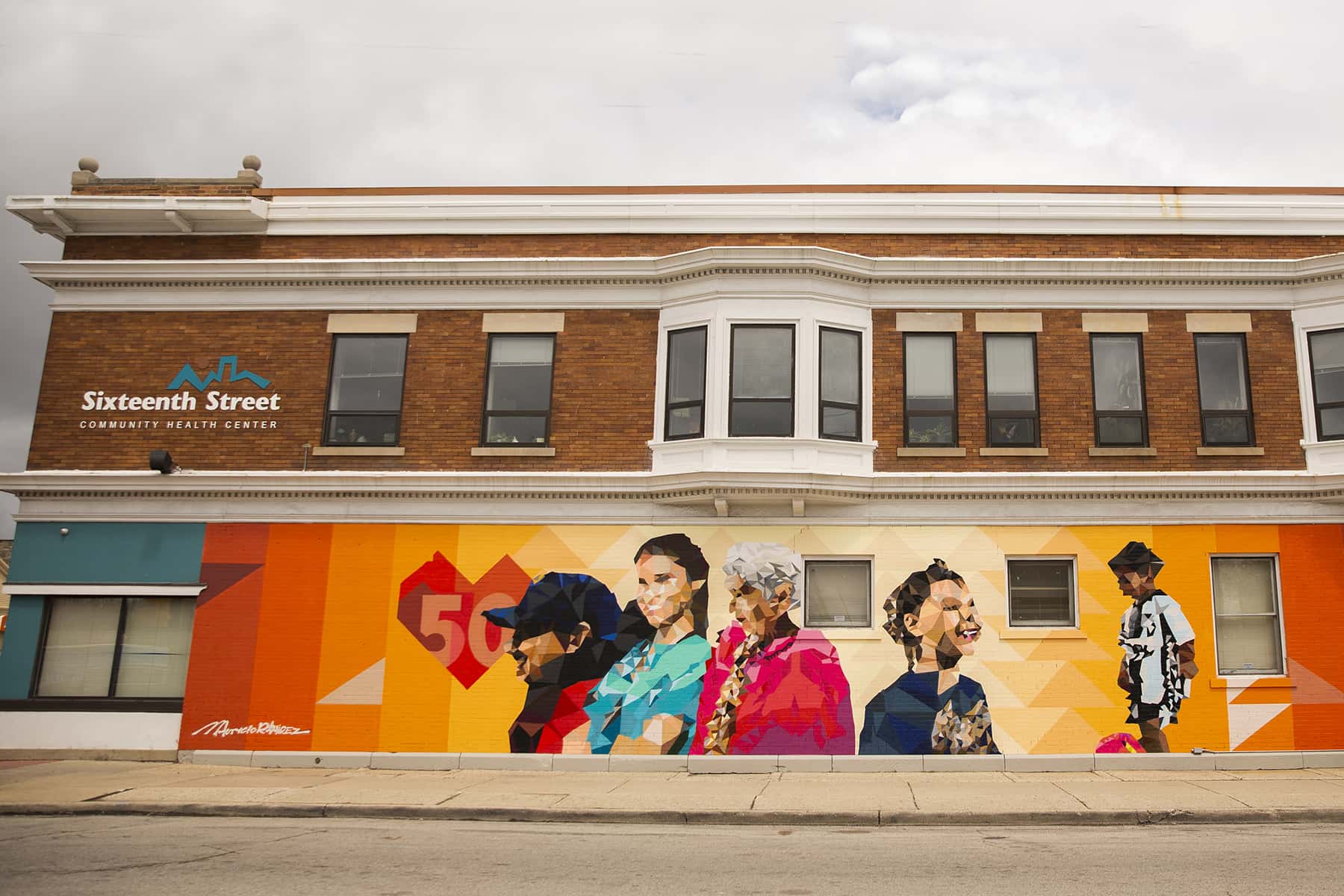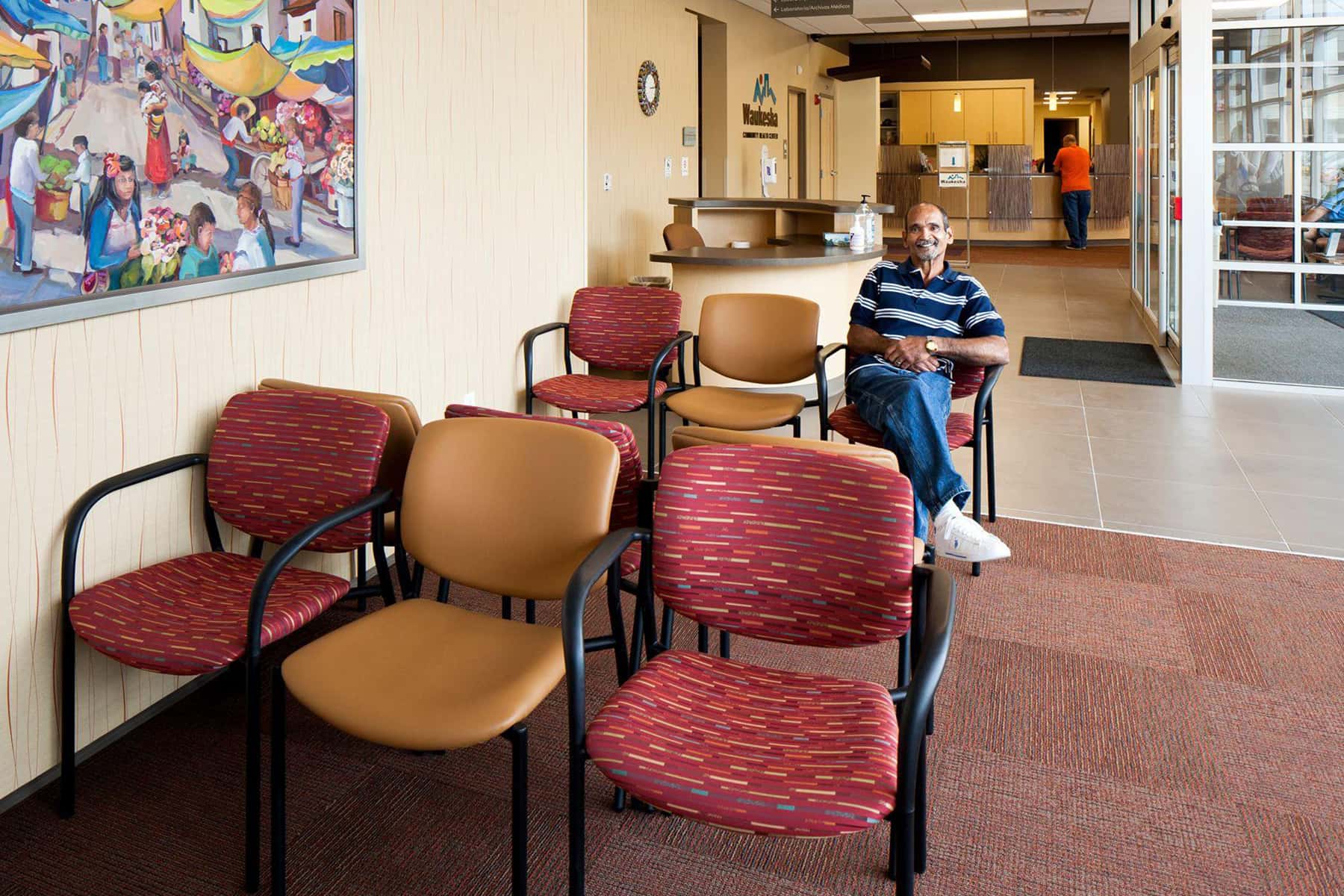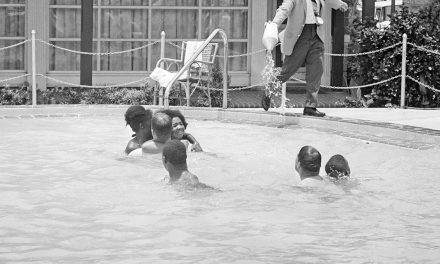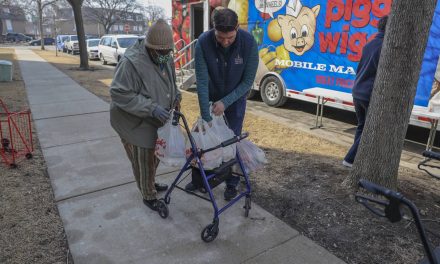
An estimated 80% of people needing treatment for substance abuse in Wisconsin are not either seeking it or receiving it. Latinos in particular experience a number of barriers to care for a number of reasons, including English proficiency, work demands, a lack of funds, and legal status.
Statistics from the National Survey on Drug Use and Health show that over 90% of the Hispanic individuals surveyed reported that they didn’t get help because they didn’t feel they needed treatment.
“Language barriers is probably one of the main reasons why people don’t seek treatment,” explained Maria Perez, vice president for behavioral health at Sixteenth Street. “So many of our patients that are walking through into behavioral health and AODA are already existing patients in our primary care, so there’s an inherent trust because they are greeted in their own language, they are seen in their own language and it feels very much like a family in the clinic.”
These factors can be significant challenges for health care providers, especially those focused on helping the Hispanic and Latino populations overcome these hurdles. In Milwaukee, the Sixteenth Street Community Health Centers have Alcohol and Other Drug Addiction (AODA) services and a Medication Assisted Treatment (MAT) program especially geared toward the population it serves, including those who primarily speak Spanish.
“We have to work hard at reducing stigma around it,” said Perez. “It doesn’t mean that you’re dysfunctional. It doesn’t mean that you’re messed up. And sometimes, sharing how common it is with a family can help ease those perceptions.”
Traditionally, substance abuse is seen as a private problem in Hispanic cultures, according to Perez. They believe it should be resolved within the family rather than in a rehabilitation program. This view can not only inhibit trusting a doctor, but also perpetuates the negative stigma associated with substance abuse.
“Sometimes, machismo, which is sort of an internalized sense of being a man, can be a barrier to care,” said Perez. “We work very consciously at Sixteenth Street to overcome those barriers and ensure we’re not in the practice of reporting demographic data to get anyone into trouble.”
Since Sixteenth Street started offering the AODA program, Perez said she has seen greater receptivity to families and individuals seeking help to overcome substance abuse.
“Really looking at the whole person through a multicultural lens, I think, is key to having treatment be successful,” added Perez. “When you can’t intervene directly it’s really important to establish the relationship because with those foundational elements, change can then move forward as you start to weigh pros and cons about making decisions about change. And that’s where you can engage the patient on a meaningful discussion.”

Andrea Waxman
Sixteenth Street Community Health Centers
Originally published on the Milwaukee Neighborhood News Service as New Layton Clinic offers bilingual mental, behavioral, addiction treatment













